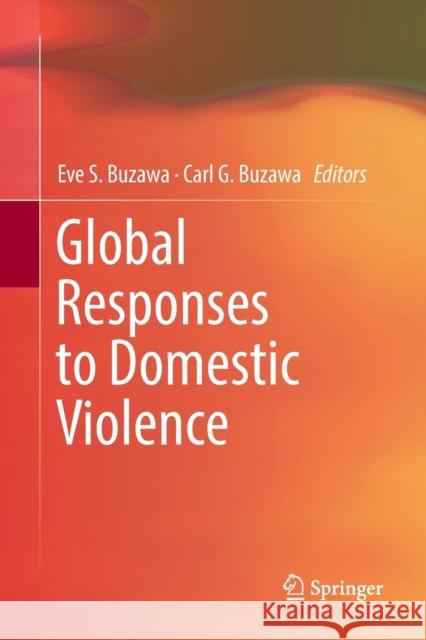Global Responses to Domestic Violence » książka
topmenu
Global Responses to Domestic Violence
ISBN-13: 9783319859835 / Angielski / Miękka / 2018 / 319 str.
Kategorie:
Kategorie BISAC:
Wydawca:
Springer
Język:
Angielski
ISBN-13:
9783319859835
Rok wydania:
2018
Wydanie:
Softcover Repri
Ilość stron:
319
Waga:
0.44 kg
Wymiary:
19.8 x 12.9 x 3.1
Oprawa:
Miękka
Wolumenów:
01
Dodatkowe informacje:
Wydanie ilustrowane











